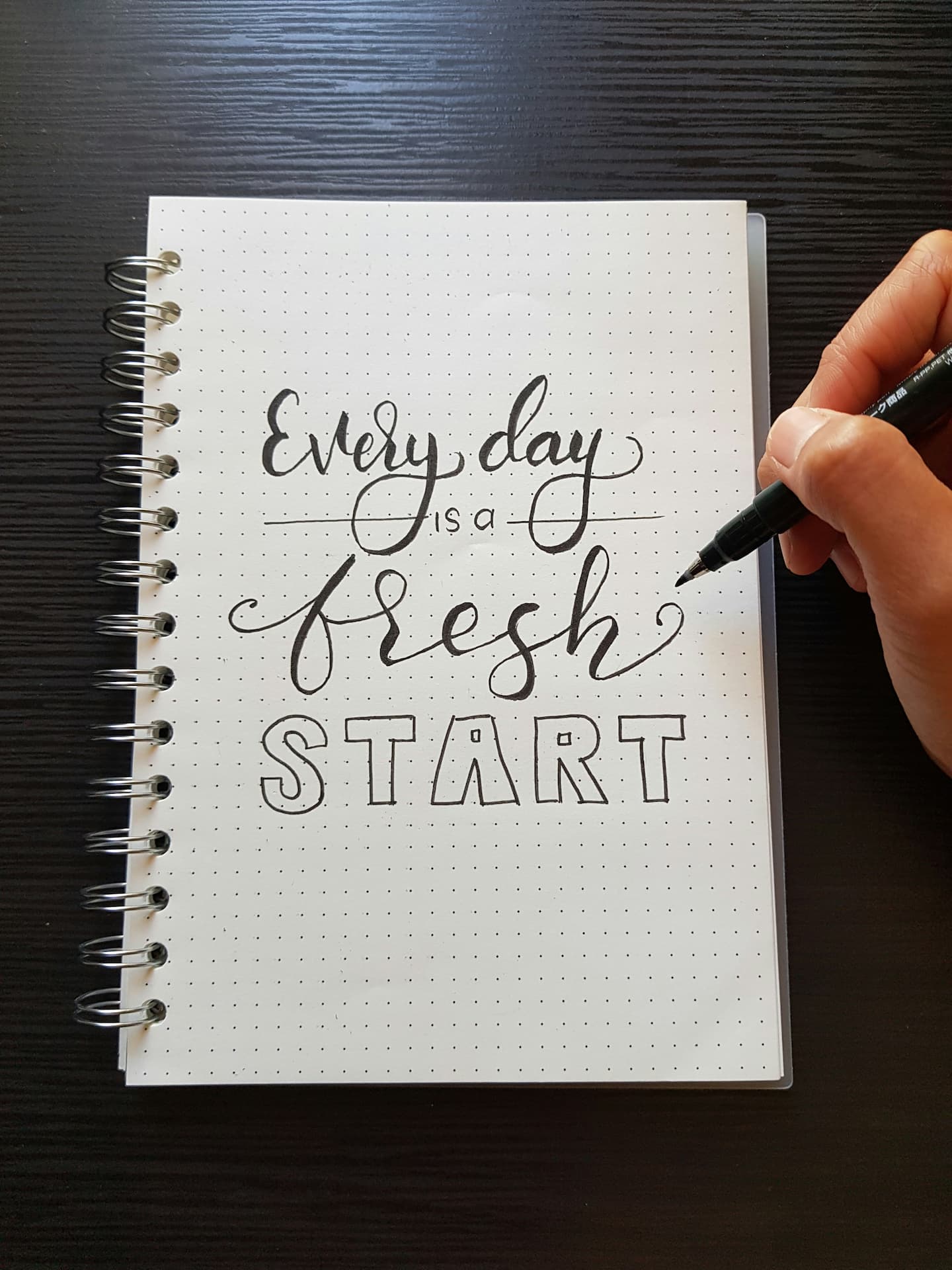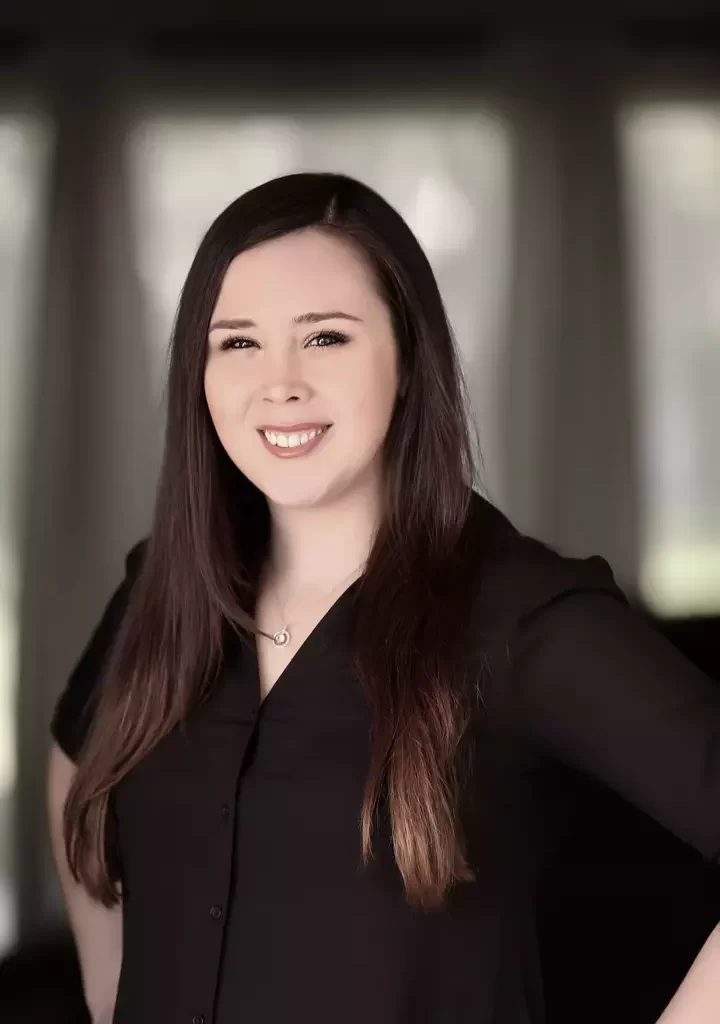Palm Beach Therapy Center - Boca Raton, FL Emotional vs. Physical Connection Many couples come into therapy saying the same thing, just in different wor ...
LGBTQ+ Therapy

Embrace your identity, and thrive as you are!
As a member of the LGBTQ+ community, you deserve to be seen and celebrated for who you are. You may face unique challenges both related and unrelated to your identity, but LGBTQ+ Therapy can help you come face-to-face with them and come out on the other side as your truest, best self.
At Palm Beach Therapy Center, we have therapists for LGBTQ+ Therapy who are ready to support you on your journey.
What is LGBTQ+ Therapy?
LGBTQ+ Therapy is a form of counseling that creates a safe and supportive space for people of all sexual orientations and gender identities. As therapists who practice LGBTQ+ Therapy, we understand the unique challenges faced by LGBTQ+ communities and are committed to providing competent, culturally sensitive care.
Some key aspects of LGBTQ+ Therapy include:
Validation and Affirmation: As your therapists, we will acknowledge and celebrate your LGBTQ+ identity. We will avoid judgment and focus on creating an environment where you feel comfortable expressing yourself authentically.
Cultural Competency: We work toward having a strong understanding of LGBTQ+ history, terminology, and current issues. This ensures we can provide relevant support and avoid making assumptions based on stereotypes. We understand that learning is a lifelong process.
Knowledge of Specific Challenges: As LGBTQ+ Therapists, we are familiar with the unique stressors faced by LGBTQ+ individuals, such as coming out, navigating relationships, and discrimination.
Focus on Strengths: While addressing challenges, LGBTQ+ Therapy also helps you identify and build upon your strengths and resilience.
Client-Centered Approach: The focus is on your individual needs and goals. Your therapist will work collaboratively with you to develop a treatment plan that addresses your specific concerns.
LGBTQ+ Therapy provides a safe space for exploration, validation, and growth; it empowers you to navigate your identities, overcome challenges, and live a fulfilling life.
If you are seeking support, our LGBTQ+ Therapy services are here to help. Reach out today to begin your journey towards healing and self-acceptance.
LGBTQ+ Therapy Support
LGBTQ+ therapy provides a safe and affirming space for you to explore your unique journey of identity, relationships, and well-being. Here, you can find support, validation, and guidance tailored to your specific needs and experiences within the LGBTQ+ community.
Understand your sexual & gender identity
Explore Identity
Gain support through the process
Navigate Coming Out
Improve communication & navigate dynamics
Build Healthy Relationships
Develop resilience against prejudice
Cope with Discrimination
Address anxiety & depression
Improve Mental Wellbeing
Build self-esteem
Affirm Your Identity

What challenges do people in the LGBTQ+ community face?
Therapy and counseling can address a variety of LGBTQ-related issues, providing support, validation, and guidance for anyone who identifies as lesbian, gay, bisexual, transgender, queer, or questioning.
Some issues that may be unique to the LGBTQ+ community include:
Coming Out: Counseling can support you as you navigate the process of coming out to themselves, their families, friends, and communities. This may involve exploring feelings of fear, shame, acceptance, and identity development.
Identity Exploration: If you identify as LGBTQ+, you may grapple with questions of identity, including sexual orientation, gender identity, and how you fit within the LGBTQ community. Counseling can provide a safe space for self-exploration, validation, and affirmation.
Family and Relationship Dynamics: As an LGBTQ+ individual, you may experience unique challenges in your family relationships, romantic partnerships, or friendships. Counseling can help you navigate communication, conflict resolution, and building healthy connections with loved ones.
Internalized Homophobia or Transphobia: Some people may internalize negative societal attitudes or beliefs about their sexual orientation or gender identity, leading to feelings of shame, self-doubt, or low self-esteem. Counseling can address internalized homophobia or transphobia, promote self-acceptance, and foster resilience.
Gender Dysphoria and Transitioning: If you are transgender, you may experience gender dysphoria, a distressing disconnect between your gender identity and assigned sex at birth. Counseling can provide support throughout the process of gender transition, including exploring gender identity, accessing medical interventions, and navigating social and legal challenges.
Discrimination and Minority Stress: As an LGBTQ individual, you may face discrimination, prejudice, and stigma in various aspects of your life, including employment, healthcare, housing, and social interactions. Counseling can help you cope with the impact of minority stress, develop resilience, and advocate for their rights.
Mental Health Concerns: Studies show that LGBTQ individuals may be at increased risk for mental health issues such as depression, anxiety, substance abuse, and suicidal ideation due to homophobia/transphobia, social isolation, and lack of affirmation. Counseling can provide support, coping strategies, and access to appropriate resources.
Intersectional Identities: Like every person, you have intersecting identities based on race, ethnicity, religion, ability, socioeconomic status, or immigration status, which can influence your experiences of discrimination, access to resources, and sense of belonging within the LGBTQ community. Counseling can address the intersectionality of identity and its impact on well-being.
Sexual Health and Intimacy: LGBTQ individuals sometimes have unique sexual health needs, including safer sex practices, STI prevention, fertility options, and relationship counseling. Counseling can provide education, support, and resources to promote sexual health and enhance intimacy.
Spiritual and Religious Exploration: You may be navigating complex relationships with spirituality, religion, or faith communities, which may be affirming or rejecting of their sexual orientation or gender identity. Counseling can support you in exploring your spiritual beliefs, finding affirming communities, and reconciling conflicts between faith and identity.
Overall, therapy and counseling can provide LGBTQ+ individuals with a supportive and affirming space to address a wide range of issues related to identity, relationships, mental health, and well-being. As therapists, we are LGBTQ-affirmative in our approach, and respectful of each person’s unique experiences and needs.
Get LGBTQ+ therapy in Boca Raton, FL
Wondering if LGBTQ-affirmative therapy is right for you? We invite you to learn more about our services or get in touch with our team to discuss your questions. You deserve to feel supported and empowered, and we’re here to help.
FAQs about LGBTQ therapy in Boca Raton
How do you know if a therapist is LGBTQ-friendly?
The best way to know a therapist’s position and experience on LGBTQ+ issues is to ask. Look for cultural competence, training, and experience. You can feel free to ask us any questions during your consultation call.
What are risk factors for depression in LGBTQ+ people?
There are many unique challenges that LGBTQ+ people face that put them at higher risk for depression. For example, many people face rejection and discrimination in different areas of life (including family and employment), which can lead to depression.
How can I improve LGBTQ mental health?
If you are an LGBTQ+ individual yourself, you can improve your mental health by prioritizing self-care and staying connected to a strong social support network. In addition, going to therapy can provide you with a safe, non-judgmental space to explore your thoughts, feelings, and experiences.
How It Works

Contact Our Office
Contact our office via phone or e-mail to schedule your initial session. We are here to make this process as easy and comfortable as we can for you.
Complete Paperwork
Complete the paperwork provided to you online within 24 hours of scheduling and mark the date on your calendar, we are looking forward to working with you!
Go To Therapy
Attend your initial session and discuss treatment planning with your therapist. Treatment plans may look different for each case. It is typically suggested that sessions take place weekly or biweekly.
Top Articles
Read Better, Live Better
The Year of the Horse and Mental Health
Explore how the Year of the Horse symbolizes emotional freedom motivation and balance and how these themes apply to mental health and personal growth
In-Person Therapy Boca Raton FL Private, Compassionate Counseling for Individuals & Couples
In-Person Therapy Boca Raton FL offers real, face-to-face connection in a digital world. Experience private, compassionate counseling at Palm Beach Therapy Center.





